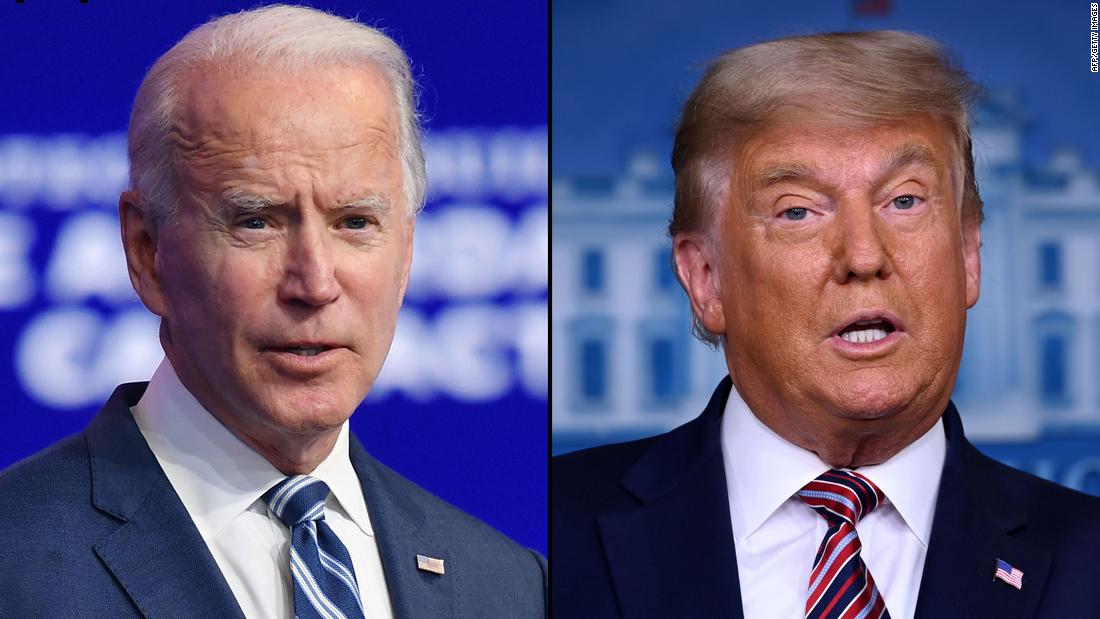
“As President Biden has said, the events of January 6th were a dark stain on our country’s history, and they represented an attack on the foundations of our constitution and democracy in a way that few other events have,” White House spokesman Michael Gwin said in a statement to CNN.
“The President is deeply committed to ensuring that something like that can never happen again and he supports a thorough investigation into what occurred,” Gwin said. “That’s why his Administration has been engaging with Congress on matters relating to January 6 for several months now and will continue to do so, including with the Select Committee.”
Late last month, Trump threatened to invoke executive privilege in an effort to block the House select committee investigating the Capitol riot from obtaining a massive tranche of documents it’s demanding from several US government agencies, despite his successor having the ultimate say over whether the information can be shared.
The House select committee has launched a sweeping investigation into January 6. As part of that, the panel has sent requests for information from a number of federal agencies, including the National Archives, the custodian of the Trump administration White House records.
The committee asked for “all documents and communications within the White House” on that day, including call logs, schedules and meetings with top officials and outside advisers, including Rudy Giuliani.
The Biden White House is inclined to limit how much it asserts executive privilege in that investigation, according to sources familiar with the administration’s thinking. Such a stance eases the way for House investigators to get access to a trove of documents and to seek testimony from top White House officials from the previous administration.
But any decision from the Biden White House could still run into legal challenges from Trump and members of his administration whose testimony is likely to be sought, possibly delaying any access by investigators. Biden has the ultimate say on whether executive privilege can be waived, but in many ways, this is new legal territory.
In anticipation of subpoenas from the select committee, White House and Justice Department lawyers have been meeting to outline where the Biden administration will draw the line on executive privilege.
It’s a thorny issue because the decision could set a new precedent for future presidents and their administrations — potentially giving a future GOP-controlled Congress access to materials from a Democrat-led executive branch.
An early indication of the Biden administration’s thinking emerged in recent months in letters allowing former Trump officials to provide testimony to other congressional committees investigating the January 6 attack.
“The extraordinary events in this matter constitute exceptional circumstances warranting an accommodation to Congress,” administration lawyers wrote in a letter in July to former Justice Department officials.
Several former Trump Justice Department officials did provide interviews to Congress on their communications with the former President in the weeks before January 6, breaking with general practice to shield those internal deliberations.
The letters to former Justice officials read in part: “President Biden has decided that it would not be appropriate to assert executive privilege with respect to communications with former President Trump and his advisors and staff” related to the post-Election Day efforts by the former President to overturn the election results.



